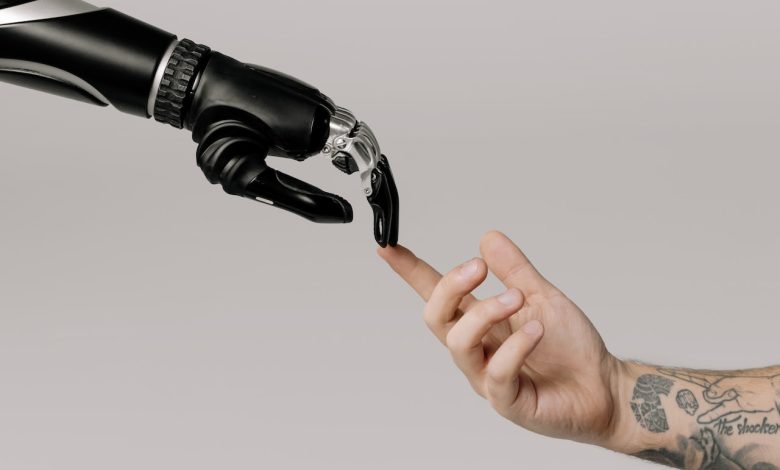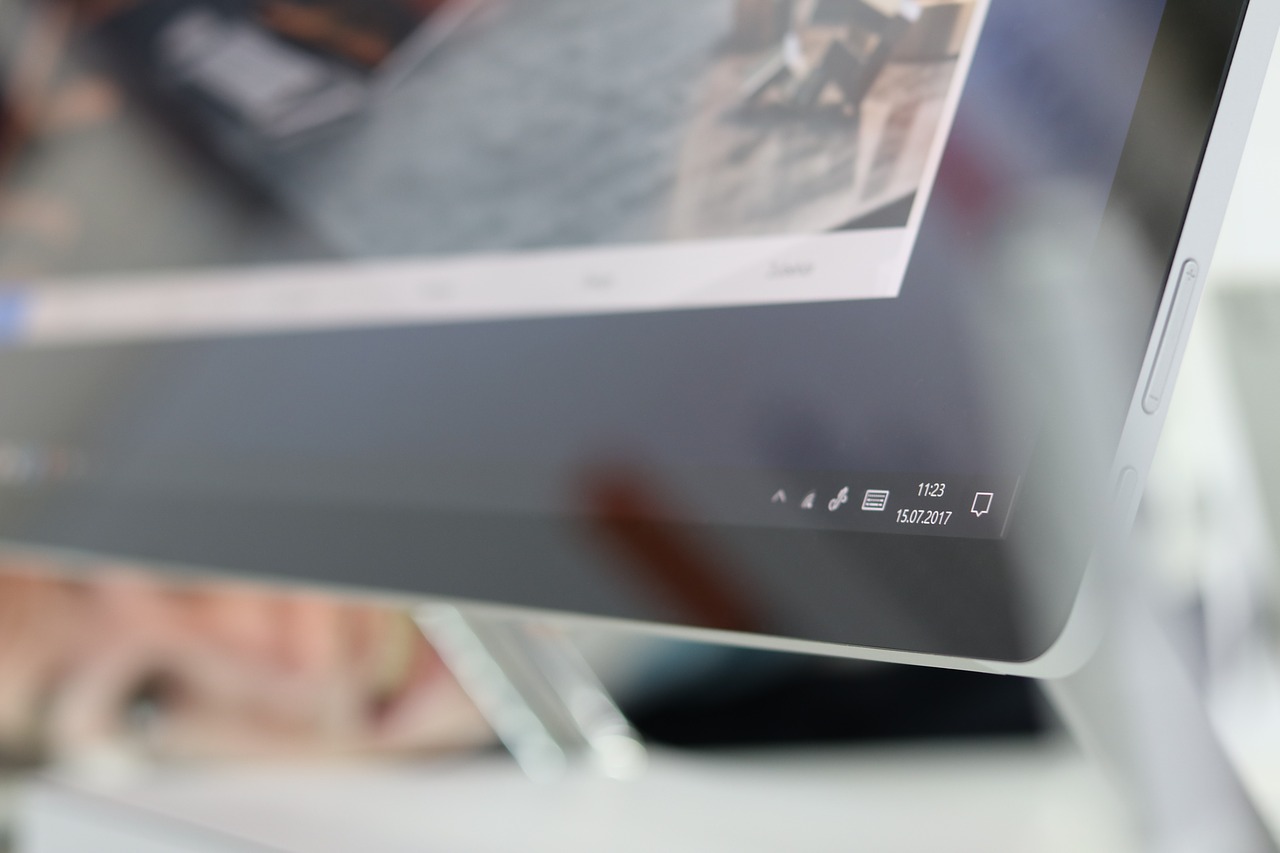Innovative Solutions and Strategies: How Diverse Businesses Adapt to Evolving Technologies

In an era marked by swift technological progress, enterprises spanning various sectors are adopting novel solutions to stay relevant and productive. Be it logistics, healthcare, retail, or manufacturing, the introduction of avant-garde technologies is revolutionizing corporate functionalities. In this piece, we will delve into the ways diverse businesses are capitalizing on technological prowess to adapt and flourish in a continuously shifting environment.
Logistics: Navigating Efficiency with Fleet Management Software
The logistics industry has experienced a revolution with the integration of a host of technological solutions, whether it is transportation management software (for the freight broker), warehouse management systems (for shippers), or fleet management software (for 3PL). While there are so many to discuss, we would stick to the fleet management solution today. This technology enables businesses to streamline their operations, optimize routes, and enhance overall efficiency. Here’s how:
Real-Time Tracking: Route planning software provides real-time tracking of vehicles, allowing companies to monitor their fleet’s location, speed, and condition. This data empowers businesses to make informed decisions, respond promptly to delays, and optimize routes for quicker deliveries.
Fuel Efficiency: By analyzing vehicle data and driving patterns, businesses can implement fuel-efficient practices. From reducing idling time to optimizing routes to minimize fuel consumption, technology plays a pivotal role in cutting operational costs.
Maintenance Optimization: Predictive maintenance algorithms alert businesses when vehicles require servicing or repairs. This proactive approach minimizes downtime, ensures safer operations, and extends the lifespan of the fleet.
Healthcare: Revolutionizing Patient Care through Telemedicine
The healthcare industry has seen a transformative shift with the integration of telemedicine. This technology enables healthcare providers to offer remote consultations, making healthcare accessible and convenient for patients worldwide. Here’s how:
Remote Consultations: Telemedicine allows patients to connect with healthcare professionals from the comfort of their homes. This is particularly valuable for individuals with limited mobility, chronic conditions, or those living in remote areas.
Reduced Wait Times: With virtual appointments, patients can skip the waiting room and receive timely medical attention. This not only enhances patient satisfaction but also enables healthcare providers to manage their schedules more efficiently.
Medical Records Management: Electronic health records (EHR) systems streamline patient data management. This results in accurate record-keeping, smoother communication between healthcare professionals, and a more comprehensive understanding of patients’ medical histories.
Retail: Personalization and Convenience with AI
In the retail sector, artificial intelligence (AI) is driving personalized shopping experiences and enhancing customer satisfaction. Here’s how AI is transforming the retail landscape:
Personalized Recommendations: AI algorithms analyze customer preferences and purchasing behaviors to provide tailored product recommendations. This not only boosts sales but also enhances the shopping experience by offering products that align with individual preferences.
Virtual Try-Ons: Augmented reality (AR) technology enables customers to virtually try on products before making a purchase. This feature bridges the gap between online and in-store shopping, increasing customer confidence in their selections.
Chatbots for Customer Support: AI-powered chatbots provide instant assistance to customers, answering queries and offering guidance 24/7. This technology ensures swift responses and improves overall customer satisfaction.
Manufacturing: The Rise of Industry 4.0
The manufacturing industry is embracing Industry 4.0, characterized by the integration of automation, data exchange, and IoT (Internet of Things). This has revolutionized production processes and supply chain management:
Smart Factories: IoT devices gather real-time data from equipment and machinery, enabling manufacturers to monitor performance, predict maintenance needs, and minimize downtime. For instance, if they notice that a machinery part like a double block & bleed valve is showing signs of wear and tear, they can make sure that this is replaced as soon as possible to mitigate health and safety risks.
Predictive Analytics: Advanced analytics tools process vast amounts of data to predict trends and optimize production processes. This results in reduced waste, increased efficiency, and better decision-making.
Collaborative Robots: Cobots, or collaborative robots, work alongside human employees to perform repetitive tasks, enhancing productivity and ensuring precision in manufacturing processes.
Hospitality: Enhancing Guest Experiences with Tech-Driven Innovations
The hospitality industry has undergone a remarkable transformation with the infusion of technology into every aspect of guest experiences. From hotels to restaurants, tech-driven innovations are redefining the way businesses in this sector operate and engage with their customers. Here’s a glimpse into how technology is shaping the hospitality landscape:
Contactless Services: In a post-pandemic world, contactless services have become the norm. Hotels and restaurants are leveraging technology to provide touchless check-ins, digital menus, and mobile payments, ensuring a safe and convenient experience for guests.
Smart Room Control: Hotels are introducing smart room control systems that allow guests to control lighting, temperature, and entertainment systems through their smartphones. This level of personalization enhances guest comfort and satisfaction.
Virtual Concierge: AI-powered virtual concierge services offer guests real-time assistance and recommendations. Whether it’s suggesting local attractions, booking reservations, or providing information about the hotel, these services enhance the overall guest experience.
Data-Driven Personalization: Hotels are using guest data to create personalized experiences. From remembering room preferences to suggesting amenities based on past stays, data analytics is helping businesses tailor their services to individual guest needs.
Augmented Reality (AR) Tours: Some hotels are incorporating AR technology to offer virtual tours of their facilities. Guests can explore rooms, amenities, and even nearby attractions before making a booking decision, creating an immersive and informative experience.
Restaurant Tech Innovations: Restaurants are embracing technology to streamline operations and enhance customer experiences. This includes reservation management systems, online ordering platforms, and even robotic chefs that prepare meals with precision and efficiency.
Review and Feedback Platforms: Hospitality businesses are leveraging review and feedback platforms to gauge customer satisfaction and make necessary improvements. Real-time feedback allows them to address issues promptly and maintain a positive reputation.
In conclusion, the modern business landscape is a testament to the incredible ways technology is reshaping industries. From logistics to healthcare, retail to manufacturing, innovative solutions are enhancing efficiency, reducing costs, and delivering unparalleled customer experiences.The essence lies in acclimatizing to these innovations and tapping into their capabilities to maintain a competitive edge in a fluid and ever-transforming landscape. With enterprises progressively adapting and endorsing these technological strides, one aspect remains evident: the forthcoming era will favor those adept at weaving technology effortlessly into their game plans and workflows.




